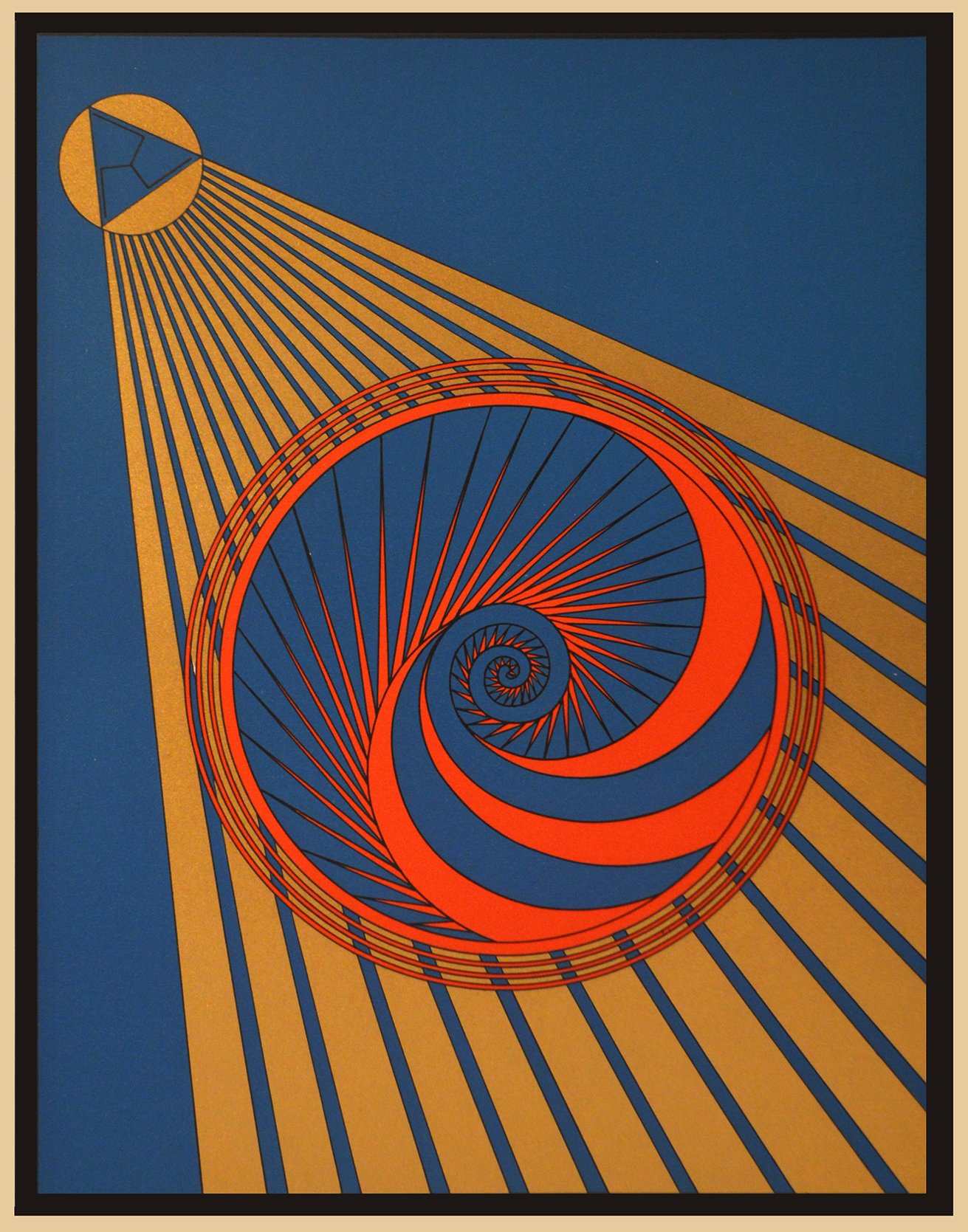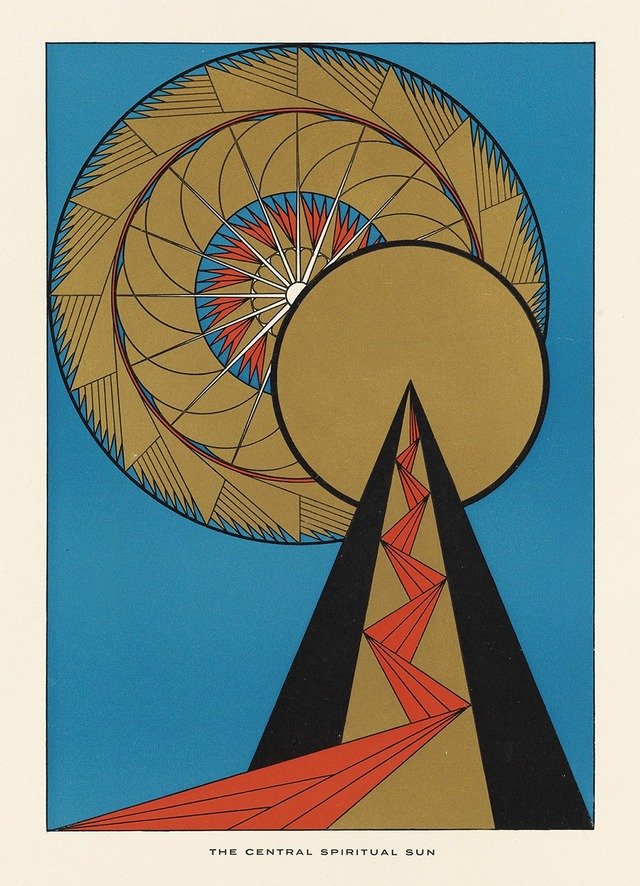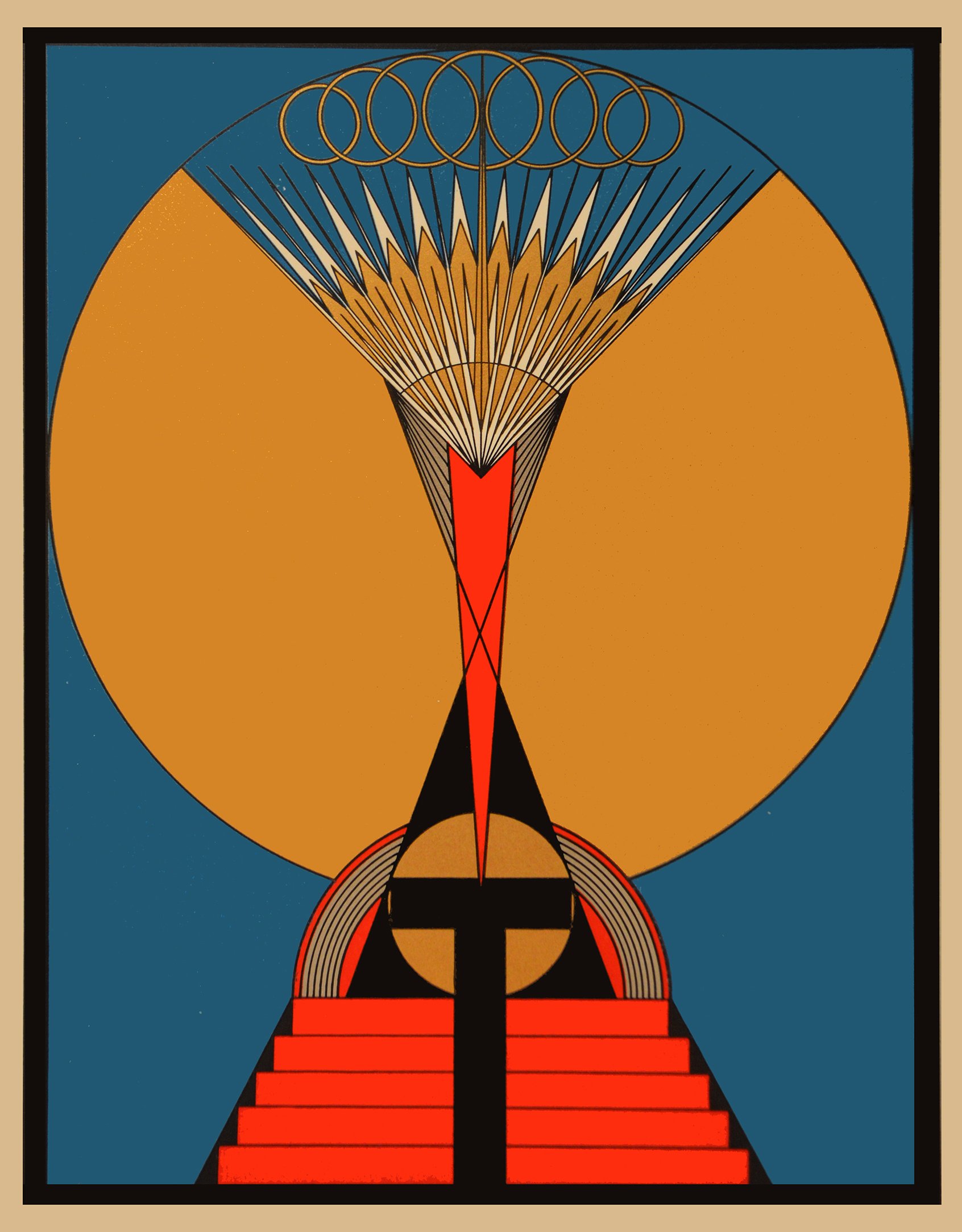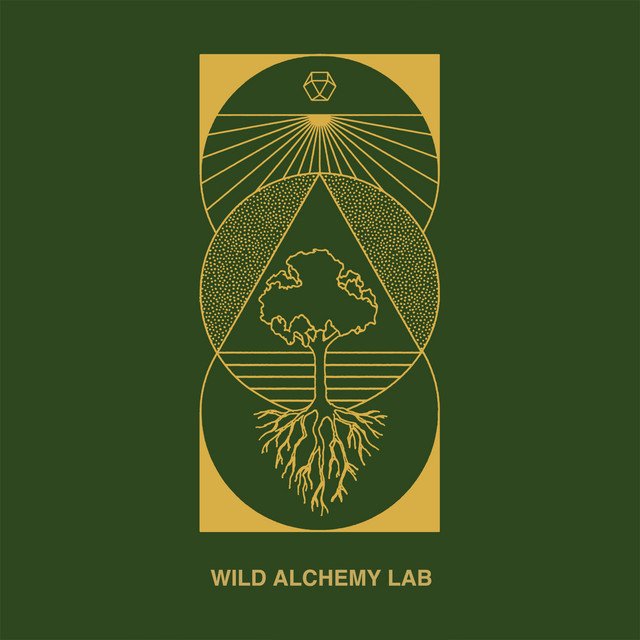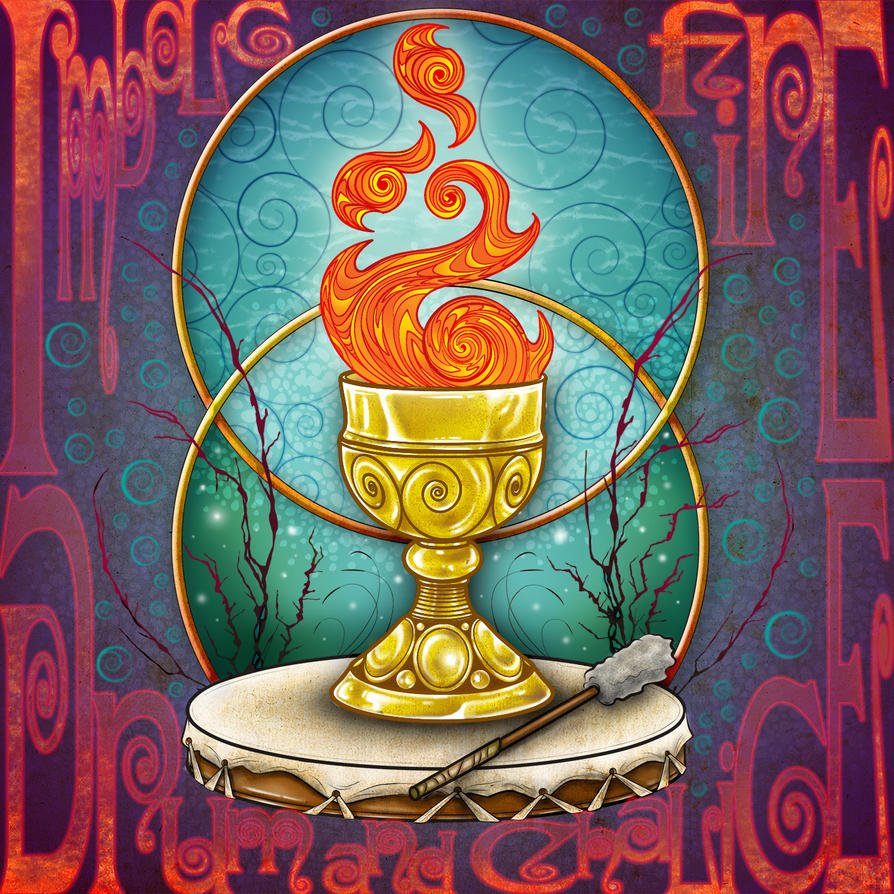The Flame of Life
This piece was published in the Wild Alchemy Fire Journal
Once upon a time, I was gifted ash from a sacred fire in the Namibian desert. For countless years, the
ancestors of the tribes I visited have lived as hunter-gatherers with a subsistence lifestyle in a land as
vast as an ocean. The wide open sea is the only frame of reference I have for a horizon with no end.
And this land has been moulded by fire – the hot African sun scorching the sands red and the grass
dry.
I spent two months working with the Khwe tribe in Bwabwata National Park. In that time, I came to
witness first hand the extraordinary traditional indigenous knowledge of the community, passed on
from generation to generation - they say people have lived here since time began.
While the Khwe are the ancestral people of the region, there has been a hunting ban for over forty
years and they currently do not have legally recognised rights over the land. In Namibia’s drive to
modernisation over the last few decades, the Khwe continue to be vulnerable to exclusion. Many
community members told me that they are “lost” in the forced transition between their traditional
lifestyles and the modern world.
Despite all the changes in the transition from nomadic hunter-gatherers to pastoral mud-hut
dwellers, fire remains a core part of their identity and was the focal point for their gatherings. They
told me “we gather at sunset and tell stories. It is our night school. It is where we learn.” It is as if fire
is the baton, passing on their wisdom each night, forming an unbroken chain of knowledge since the
beginning of time.
As well as passing down our stories, fire has been core to our evolution as a species. In his Brief
History of Humankind, Yuval Noah Harari explores how significant the domestication of fire has been
in our way to the top of the food chain. It gave us a dependable source of light and warmth. It
allowed us to cook, killing germs and parasites, and allowed us to digest staples such as wheat, rice
and potatoes that we could not eat before. It most probably led to biological changes within us,
shortening our intestinal tractk and giving more energy for our brains to grow. And we gained
control of a potentially limitless force which allowed us to shape our external environment.
The reverence for fire is still very present in the lives of the Khwe and other tribes I visited. They
explained to me how they not only cooked food but cooked landscapes, burning dry grass to
encourage the growth of green grass. They showed me how to start fire with two fire sticks, one of
hardwood with a pointed end (male) and one of softwood with a notch for tinder (female). And they
said when they used to arrive at a new place to camp, the first thing the elders would do is light a big
fire and ask for a blessing from their ancestors, praying for protection and animals to hunt.
This reverence for fire is perhaps why so many of the stories they told me at night, around the fire,
were about the origins not of life, but of fire itself. One was recounted to me by a village elder called
Dam. It is of two men. However, only one of these men has fire and is able to cook food. Greedily, he
keeps the secret to himself. The other man, only able to eat raw food, manages to kill him with his
bow and arrow. He takes the two fire sticks, the creator of fire, breaks them and throws them into
the air, saying “go into the world, so that people can have fire.”
After spending many months communing with fire, I noticed its absence when I returned to the UK.
Fire in our culture is mainly hidden. As environmental historian Stephen Pyne explores in his article
“Tending fire is a trait only humans have”, traditionally our firepower used to be related to burning
the landscape. These days we have enormously leveraged our firepower from closed combustion.
We put fire into special chambers – hearths, forges, furnaces, engines, candle wicks, dynamos – to
generate light, heat and power. In urban and industrial societies, more and more combustion comes
from confined fires than from open flames. Maybe the concealing of the flame is why we are losing
our inner fire too.
In this transition from open to closed fires, we have lost part of our soul. This is very evident in the
work that I do bringing groups into the wilds. Fire is perhaps the most powerful element of the
experience. It is the transformation, the change, the expansiveness of coming into nature and
remembering what we have forgotten in our modern ways. The experience would not be the same
without a fire every evening under the stars, to gather, to reflect, to tell our stories of the day, and
to feel the inter-connection with all of life.
When I hold the ash from that sacred fire, I am reminded that fire is alive. It moves, breathes and
grows. It has been integral to our development as a species and each fire connects us with all who
have gone before. We need to open up to fire once more, to its aliveness, for perhaps the most
powerful force on earth is the human soul on fire.
Andy Raingold is co-founder of Change in Nature, a nature-based social enterprise that helps people
and organisations to take meaningful action in this pivotal time.
